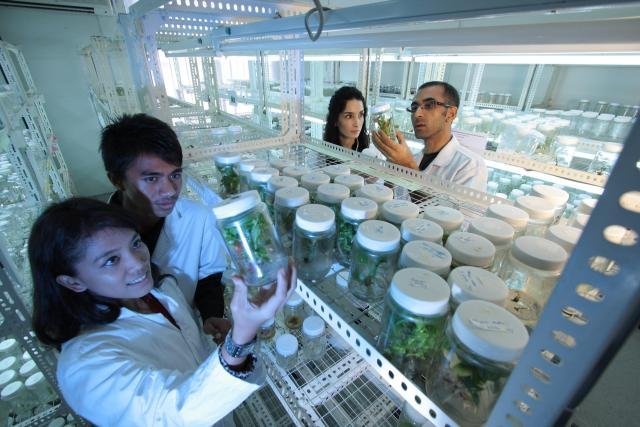Louisiana Republican Senator Bill Cassidy has revealed the conditions under which he agreed to support Robert F. Kennedy Jr.’s nomination for Secretary of Health and Human Services, following a crucial Senate Finance Committee vote on Tuesday.
Speaking from the Senate floor after the committee vote, Cassidy detailed multiple conversations with Kennedy over the weekend and Tuesday morning, during which the nominee made several commitments regarding vaccine policy and departmental operations. These assurances ultimately secured Cassidy’s support, contributing to Kennedy’s advancement along party lines, with all 14 Republicans voting in favor and 13 Democrats opposing.
Among the key promises made by Kennedy was a commitment to operate within existing vaccine approval and safety systems at HHS. Kennedy, who has previously promoted controversial and scientifically discredited claims about vaccine safety, agreed to maintain the Centers for Disease Control and Prevention’s Advisory Committee on Immunization Practices (ACIP) without alterations. He also pledged not to remove statements from CDC websites that refute connections between vaccines and autism.
The negotiations included provisions for ongoing oversight, with Kennedy agreeing to regular meetings with Cassidy and promising to seek his input on staffing decisions throughout HHS, including positions not requiring Senate confirmation. This arrangement takes on particular significance given Kennedy’s previous statements about personnel changes, including his intention to replace hundreds of employees at the National Institutes of Health and warnings to FDA staff about potential dismissals.
Additional commitments secured by Cassidy include allowing the Senate Health, Education, Labor and Pensions Committee chair to select a representative for any newly established vaccine safety review boards. Kennedy also agreed to provide 30 days’ advance notice to the HELP committee regarding any proposed changes to vaccine safety monitoring programs.
“Based on Mr. Kennedy’s assurances on vaccines and his platform to positively influence Americans’ health, it is my consideration that he will get this done,” Cassidy stated in his floor speech, emphasizing the need for leadership to advance President Trump’s health agenda.
The development marks a significant step for Kennedy, whose nomination has faced intense scrutiny due to his history of vaccine skepticism. As the founder and former chair of Children’s Health Defense, an organization known for promoting vaccine misinformation, Kennedy has frequently questioned vaccine safety and efficacy, drawing sharp criticism from Democratic senators during recent confirmation hearings.
The commitments made to Cassidy represent a notable shift from Kennedy’s previous public positions on vaccine policy and
administration. The arrangement establishes unprecedented oversight mechanisms and consultation requirements between the potential HHS Secretary and key Senate figures, particularly regarding
vaccine-related policies and personnel decisions.
While Kennedy has cleared this crucial committee hurdle, his nomination still awaits consideration by the full Senate, with a vote yet to be scheduled. The promises made to secure Cassidy’s support could prove influential as other senators evaluate Kennedy’s fitness for the role of America’s top health official.
The agreement between Kennedy and Cassidy highlights the delicate balance being struck between Kennedy’s controversial past statements on vaccines and the operational requirements of leading the nation’s primary health agency. It also underscores the significant role of congressional oversight in shaping the potential implementation of health policies under a Kennedy-led HHS.

